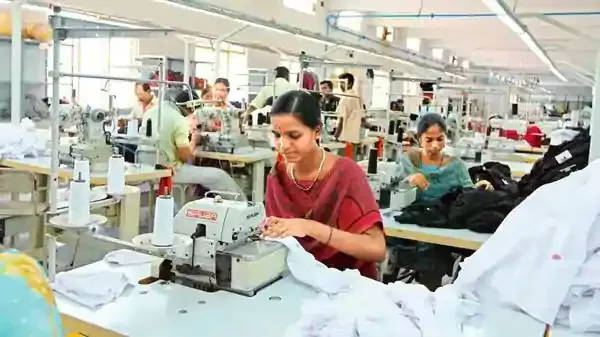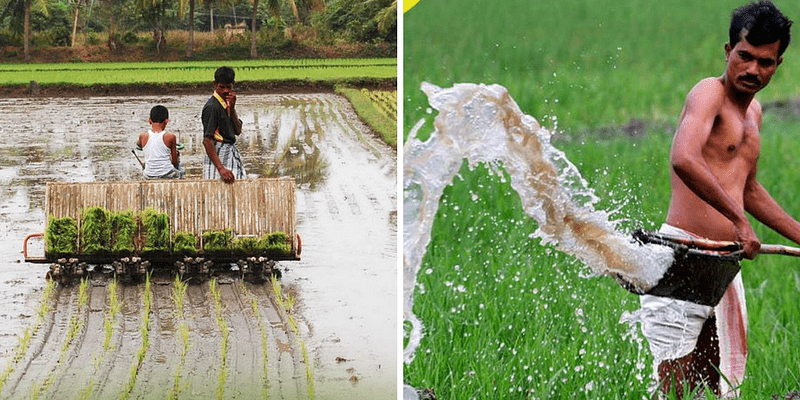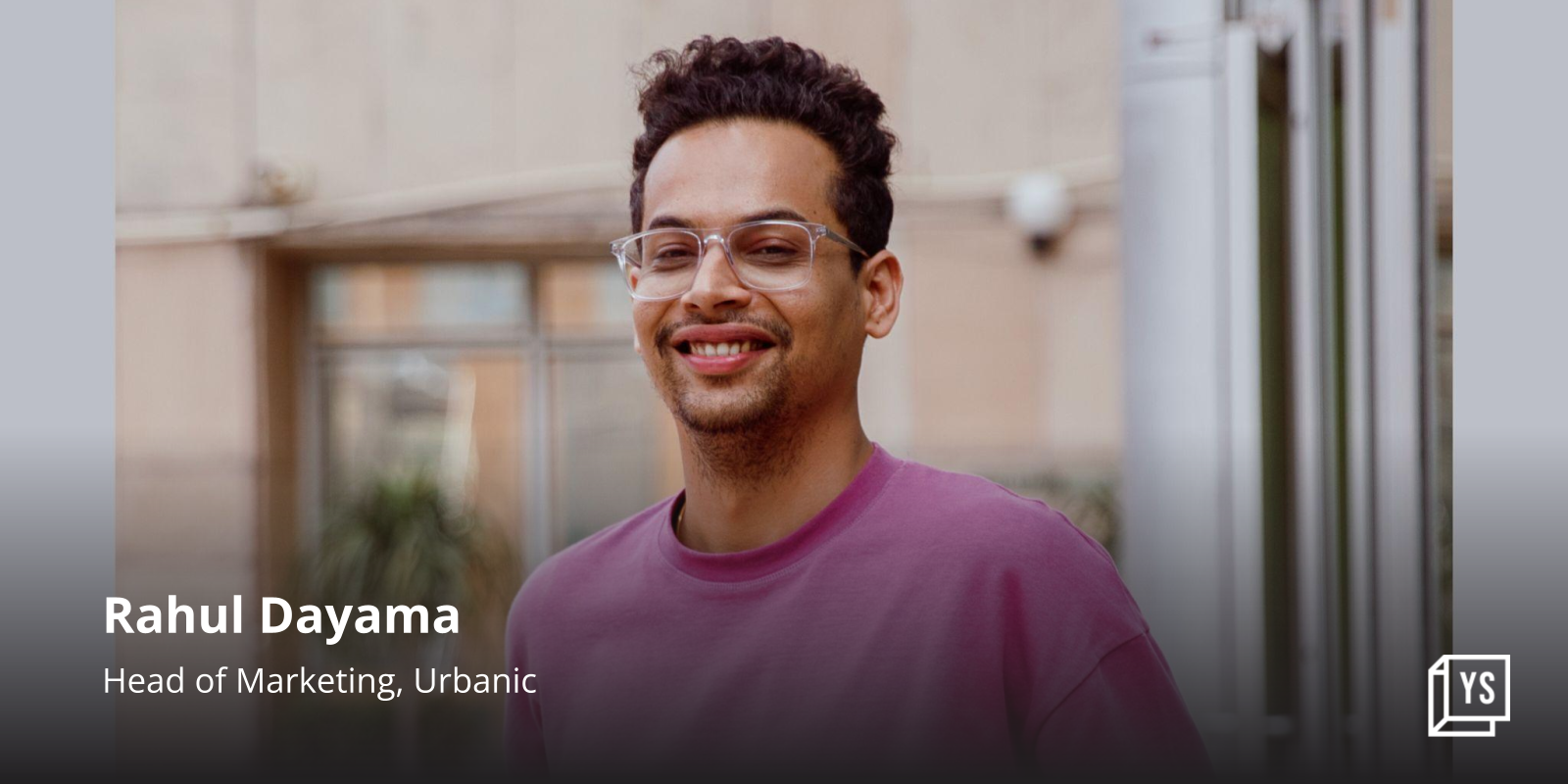How the Swabalambee Foundation is working to build employment and entrepreneurship in Odisha
With Atmanirbhar as their guiding principle, the foundation aims to take its programme across the country.
Odisha is known for its rich mineral resources, forest reserves, and agricultural output. Nabarangpur is the largest producer of maize in Asia; Dhenkenal and Angul produce large mango harvests; and Kandhmal produces high-quality turmeric. Yet, the absence of local processing units means there is no value addition at the next level in the production chain, and the bulk of these natural resources are either underutilised or undervalued when sold to middlemen.
The irony is that while 60 percent of the population depends on agriculture for their living, the share of the sector to the Gross State Domestic Product was only 19.9 percent in 2019-2020. The largest contributor was the services sector at 40.51 percent. However, a study by Ernst & Young, commissioned by the state government, showed an incremental demand-supply gap for skilled jobs at 4,014,585 by 2026, especially in banking, financial services, and insurance; tourism, travel, hospitality, and trade; education and skill development; healthcare; and IT & ITES services. With the working age (15-59) population estimated to grow to 30.4 million by 2021, providing employment is going to pose a significant challenge.
It is this gap that the Atal Atmanirbhar Sahayak Kendra (AASK) - an initiative by the Swabalambee Foundation, is trying to fill.

The Swabalambee Foundation is building entrepreneurship in Odisha to provide more employment opportunities in the state
Shishir Sahoo, Founder & CEO, Swabalambee Foundation, says, “I have had a chance to visit all the 314 blocks in Odisha and the condition is very precarious. The youth in the village are desperate for employment but unable to find anything because they don’t have the education or the skills.”
Distressed by the situation, he says that he decided to build a solution that would enable employers and industries across Odisha to employ local youth, thereby providing much-needed employment and improving the economic situation of the state’s most marginalised communities.
Growth from the grassroots
Using the AASK platform, Sahoo and the Swabalambee Foundation team aim to play a catalytic role in making India/Odisha Atmanirbhar (self-reliance). AASK will develop a multi-phase prototype to achieve this goal. In the first phase, there will be an awareness campaign to familiarise the youth with opportunities for self-employment and skill development. They will then be provided with specially curated entrepreneurship and skill development training through classroom teaching, and more importantly, on-the-job training. AASK will also mentor the trainees and provide them with the support to start their own entrepreneurial journeys with counselling and access to financial institutions.
“The AASK model will take two-three years’ time from inception to upscale across districts of Odisha. We are even looking at a franchise model to take it across the country. We hope to impact 10,000 youth through this unique incubation programme in the next 10 years. We are also planning to ensure that at least half of our beneficiaries are women,” says Sahoo.
The AASK model will have a three-pronged approach – Technology, Teamwork, and Time (TTT). Spread over 90 days, the curriculum for the training will focus on reading and writing English, finance and accounts management, digital communication, and behavioural science. Trainees will also be given detailed insights into various facets of entrepreneurship with a particular focus on rural enterprise. They will also be made aware of various schemes under Atmanirbhar Bharat, private schemes, public-private partnerships, how to set up micro and small enterprises, and have interactions with key stakeholders. The 90-day course will comprise 60 days of classroom sessions and 15 days of field visit in phases.
“While the initial medium of instruction will be Odia, all course materials will be bilingual. AASK will develop seven handbooks in Odia covering all seven-course modules and the 32 subjects under them. There will be Lesson Plans in Odia to bring greater clarity on the trainer, facilitator, and trainee,” says Sahoo.
He adds that the field visits will be a crucial aspect as theoretical lessons will lose impact if not backed by practical exposure.
The driving force
The seven-member team behind the foundation brings years of expertise in a wide range of fields. “We are also developing the programme in consultation with mentors from various fields. Among them is Dr. Yogesh Powar of the School of Inspirational Leadership in Pune, who has helped design this curriculum. We also have the support and recognition of Startup India and Startup Odisha,” says Sahoo.
Sahoo says he is hoping to involve impact funders, corporates, or investors who can offer seed money to encourage these budding entrepreneurs. “The cost to educate one would-be entrepreneur is about Rs 1.5 lakh. Banks can provide seed money like educational loans. We are also currently in talks with National Skill Development Corporation (NSDC) and other government organisations to sponsor this,” he adds.
Sahoo says that encouraging entrepreneurship will not only bring employment but also help people in different sectors like agriculture and arts and crafts at the grassroots.
“Today, in Odisha, the youth are no longer visible in villages as they have all left to look for work outside. The COVID-19 pandemic has impacted them all badly. Entrepreneurship is the only way we can make them self-reliant. This programme is unique and will help us handle the unemployment situation across the country. And that is my main vision for this programme,” he says.
You can read more about the AASK programme here.
Edited by Megha Reddy









![[Funding alert] Fintech startup Junio raises $6M in Pre-Series A round led by NB Ventures](https://images.yourstory.com/cs/2/ba9e8080834311ec9e7e95cb06cf6856/Juniofinal-1646375237755.png)

